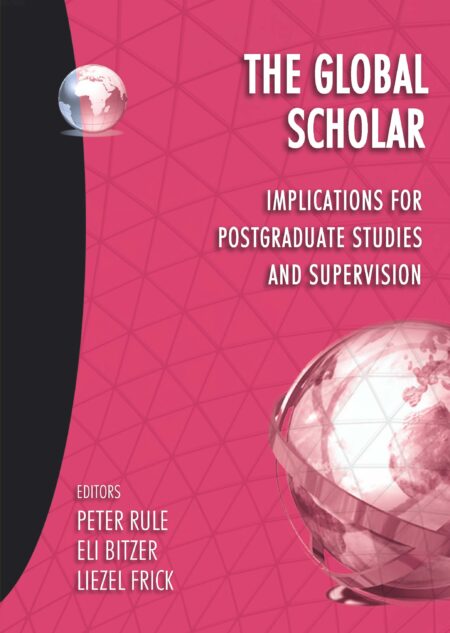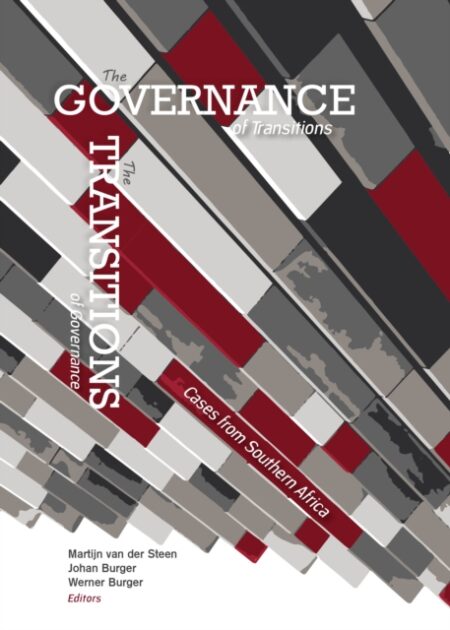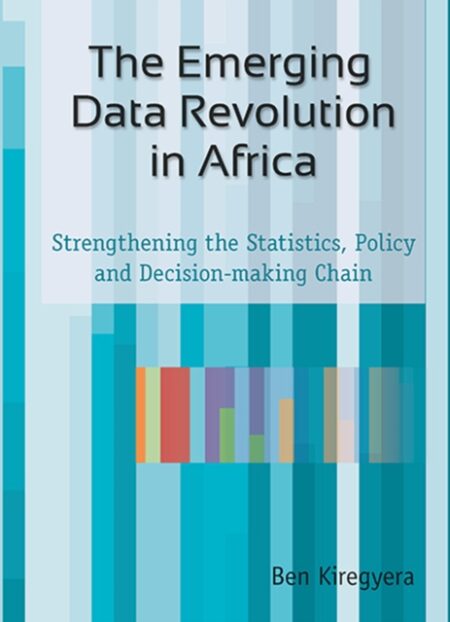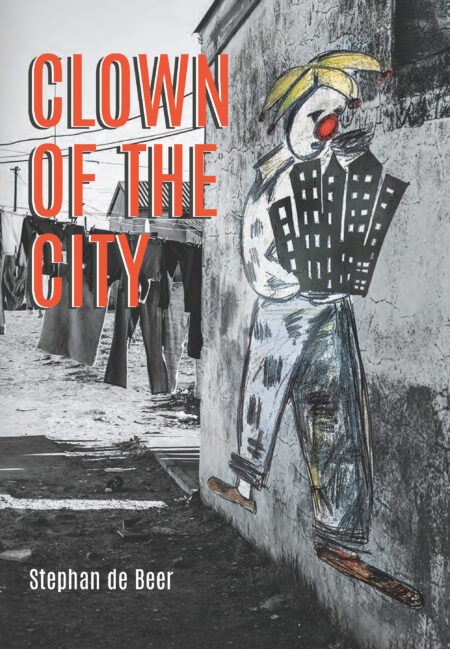-

The First Chemistry Department in Port Elizabeth
0R230,00The first Chemistry Department in Port Elizabeth was founded in 1929 at the PE Technical College in Russell Road. This institution was later renamed the College for Advanced Technical Education (CATE) and still later it became the PE Technikon, when it moved to its Summerstrand Campus. This is the story of this Chemistry Department over 75 years, until
2005, when the Techikon became part of the newly established Nelson Mandela Metropolitan University. Archive material was used to compile the story of the various Heads of Department and their staff, who contributed so much in making this Department so successfeBook: View eBook Version
-

The First Chemistry Department in Port Elizabeth
0R0,00The first Chemistry Department in Port Elizabeth was founded in 1929 at the PE Technical College in Russell Road. This institution was later renamed the College for Advanced Technical Education (CATE) and still later it became the PE Technikon, when it moved to its Summerstrand Campus. This is the story of this Chemistry Department over 75 years, until 2005, when the Technikon became part of the newly established Nelson Mandela Metropolitan University. Archive material was used to compile the story of the various Heads of Department and their staff, who contributed so much in making this Department so successful.
Print: View Print Version
-

The Forgotten
0R280,00The book focuses on uncovering lies and myths that sustain the colonial and European supremacist agendas and restores Africa’s role in originating civilisation, science, mathematics, philosophy, spirituality, and Christianity. It forms part of questioning the deification of Global North episteme as a universal theory. The volume thus contributes to Southern theorisation that draws from multiple practices and lived experiences of those from the austral geographic location (Global South) whose understanding of time is secular. Such theorisation challenges and denounces the imperialist gaze on contemporary science as the sole spectacle and arbiter of its significance in society. The Global South episteme, whose sources are indigenous practices, collective knowing, and collective experiences, has all the right to claim its stake in hallowed spaces of knowledge production.
-

The Global Scholar
0R330,00In our rapidly globalising world, Othe global scholarO is a key concept for reimagining the roles of academics at the nexus of the global and the local. This book critically explores the implications of the concept for understanding postgraduate studies and supervision. It uses three conceptual lenses OhorizonO, OcurrencyO and OtrajectoryO to organise the thirteen chapters, concluding with a reflection on the implications of Covid-19 for postgraduate studies and supervision. Authors bring their perspectives on the global scholar from a variety of contexts, including South Africa, Australia, the United States, the United Kingdom, Chile, Germany, Cyprus, Kenya and Israel. They explore issues around policy, research and practice, sharing a concern with the relation between the local and the global, and a passion for advancing postgraduate studies and supervision.
eBook: View eBook Version
-

The Global Scholar
0R265,00In our rapidly globalising world, “the global scholar” is a key concept for reimagining the roles of academics at the nexus of the global and the local. This book critically explores the implications of the concept for understanding postgraduate studies and supervision. It uses three conceptual lenses – “horizon”, “currency” and “trajectory” – to organise the thirteen chapters, concluding with a reflection on the implications of Covid-19 for postgraduate studies and supervision. Authors bring their perspectives on the global scholar from a variety of contexts, including South Africa, Australia, the United States, the United Kingdom, Chile, Germany, Cyprus, Kenya and Israel. They explore issues around policy, research and practice, sharing a concern with the relation between the local and the global, and a passion for advancing postgraduate studies and supervision.
Print: View Print Version
-

The Governance of Transitions – The Transitions of Governance
0R315,00Why is societal transition not simply a matter of change management or normal policy design? South Africa is living proof of the ability of a society to reinvent and reinstall itself. With the advent of new societal challenges, came the need for real societal innovation, especially in sectors where it was never deemed necessary or possible before. This book asks: What type of governance is helpful for developing new societal institutions and systems that can overcome systemic crises in emerging economies and fragile communities? What emerges is a compilation of chapters that introduce different parts of a solution which can be used in developing both a growing body of practices of ‘governed’ societal transitions and the associated transition of governance. The Governance of Transitions – The Transitions of Governance, in part, aims to provide building blocks which government and society could use to develop strategies for creating sustainable outcomes. It considers what kind of leadership, organisation or methods for accountability enable new types of governance and what the most important barriers are.
Print: View Print Version
-

The Governance of Transitions – The Transitions of Governance
0R395,00Why is societal transition not simply a matter of change management or normal policy design? South Africa is living proof of the ability of a society to reinvent and reinstall itself. With the advent of new societal challenges, came the need for real societal innovation, especially in sectors where it was never deemed necessary or possible before. This book asks: What type of governance is helpful for developing new societal institutions and systems that can overcome systemic crises in emerging economies and fragile communities? What emerges is a compilation of chapters that introduce different parts of a solution which can be used in developing both a growing body of practices of governed societal transitions and the associated transition of governance. The Governance of Transitions ? The Transitions of Governance, in part, aims to provide building blocks which government and society could use to develop strategies for creating sustainable outcomes. It considers what kind of leadership, organisation or methods for accountability enable new types of governance and what the most important barriers are.
eBook: View eBook Version






